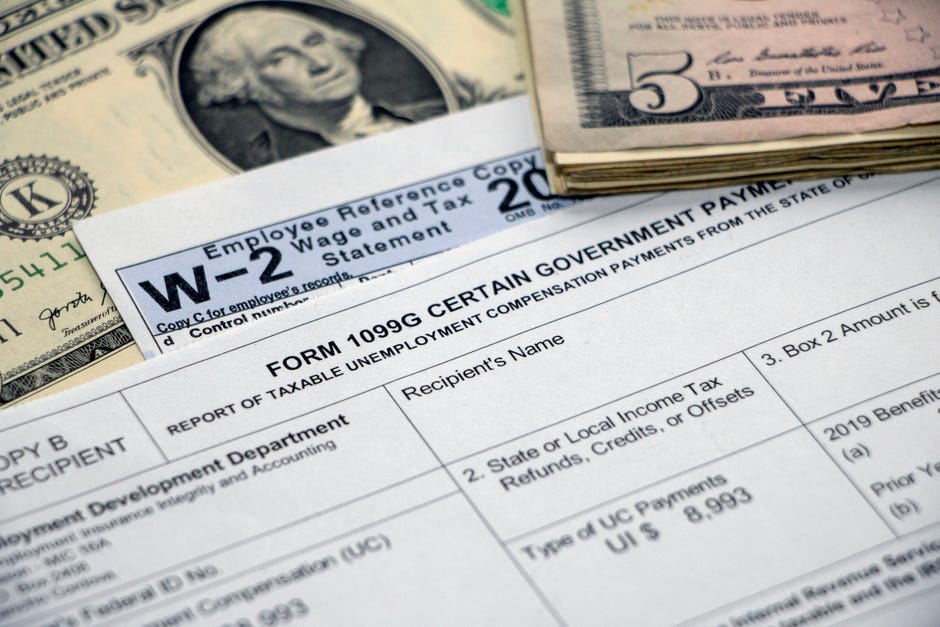
A man from York County admitted guilt in federal court earlier this week to two charges related to submitting falsified income tax returns. The conviction followed an inquiry that revealed he had left out over $13 million in revenue generated from transactions involving digital artwork.
Waylon Wilcox, aged 45 and from Dillsburg, acquired the majority of his undisclosed income through trading 97 individual pieces from the "CryptoPunks" series, which consists of over 10,000 distinct artworks.
The separate items from the collection are called "Punks," according to officials.
Every 'Punk' was distinct and included digital evidence of ownership that could be monitored on a blockchain, which is essentially a publicly accessible, decentralized digital ledger, as per officials. Although two 'Punks' might appear exactly alike since they come from the same blockchain, they cannot replace each other, indicating their status as non-fungible items.
As stated by the authorities, these non-fungible tokens, known as NFTs, have the potential to be exchanged or purchased using cryptocurrencies.
In 2021, Wilcox reportedly sold 62 "Punks" for a grand total of about $7,402,935. The following year, in 2022, he managed to sell another 35 "Punks," fetching roughly $4,899,180.
However, according to officials, on his 2021 tax return, Wilcox incorrectly responded with "no" to the query: "Did you at any point in 2021 acquire, trade, transfer, or get rid of ownership in any form of digital currency?"
In 2022, according to authorities, Wilcox incorrectly responded with "no" when asked: “During 2022, did you (a) receive as compensation, an award, or payment for goods or services; or (b) transfer ownership through sale, trade, gifting, or another method involving a digital asset or your financial stake in one?”
Consequently, Wilcox misstated his income for 2021 by about $8.5 million, leading to a reduction of almost $2.2 million in taxes owed at that time. Similarly, he inaccurately reported his 2022 earnings, understating them by close to $4.6 million, which decreased the taxes payable by roughly $1.1 million during that period.
If a taxpayer sells an NFT such as a "Punk," they are required to report the sale proceeds along with any gains or losses from the NFT on their tax return, according to authorities.
"IRS Criminal Investigation is dedicated to uncovering intricate financial strategies that involve virtual currencies and non-fungible token dealings aimed at hiding taxable earnings," stated Yury Kruty, who serves as the Special Agent in Charge of the Philadelphia Field Office for IRS Criminal Investigations. "Given the current economic climate, it’s crucial that Americans have faith that all individuals are adhering to regulations and fulfilling their tax obligations," he added.
Wilcox could be sentenced to up to six years in prison, followed by a term of supervised release as well as being required to pay a fine.


